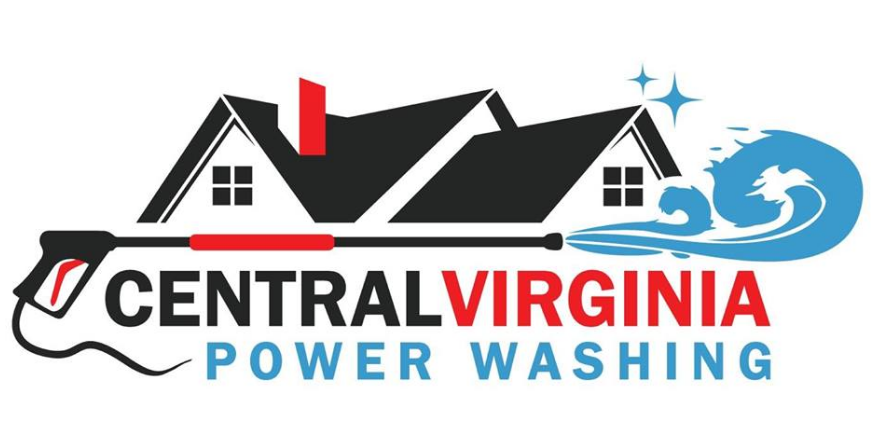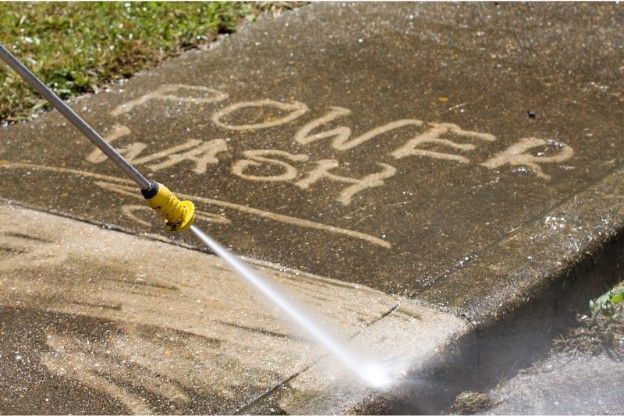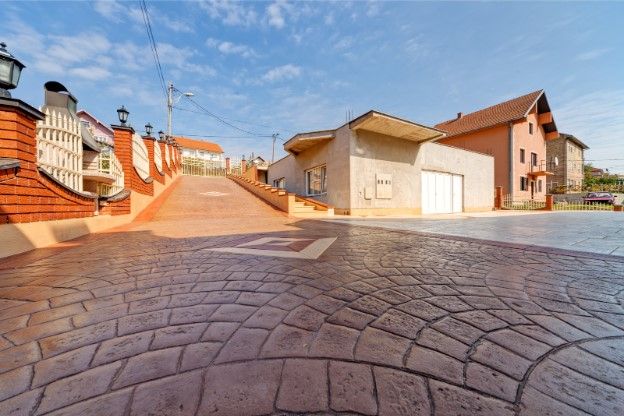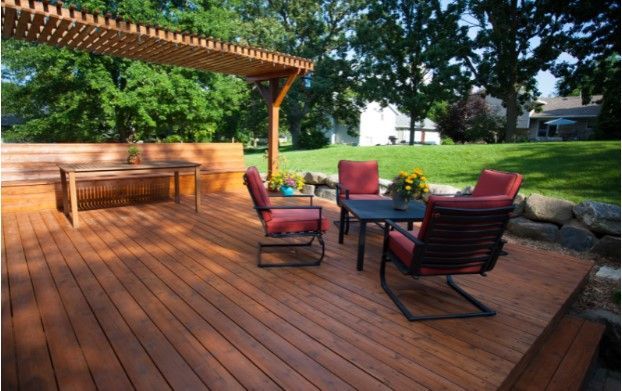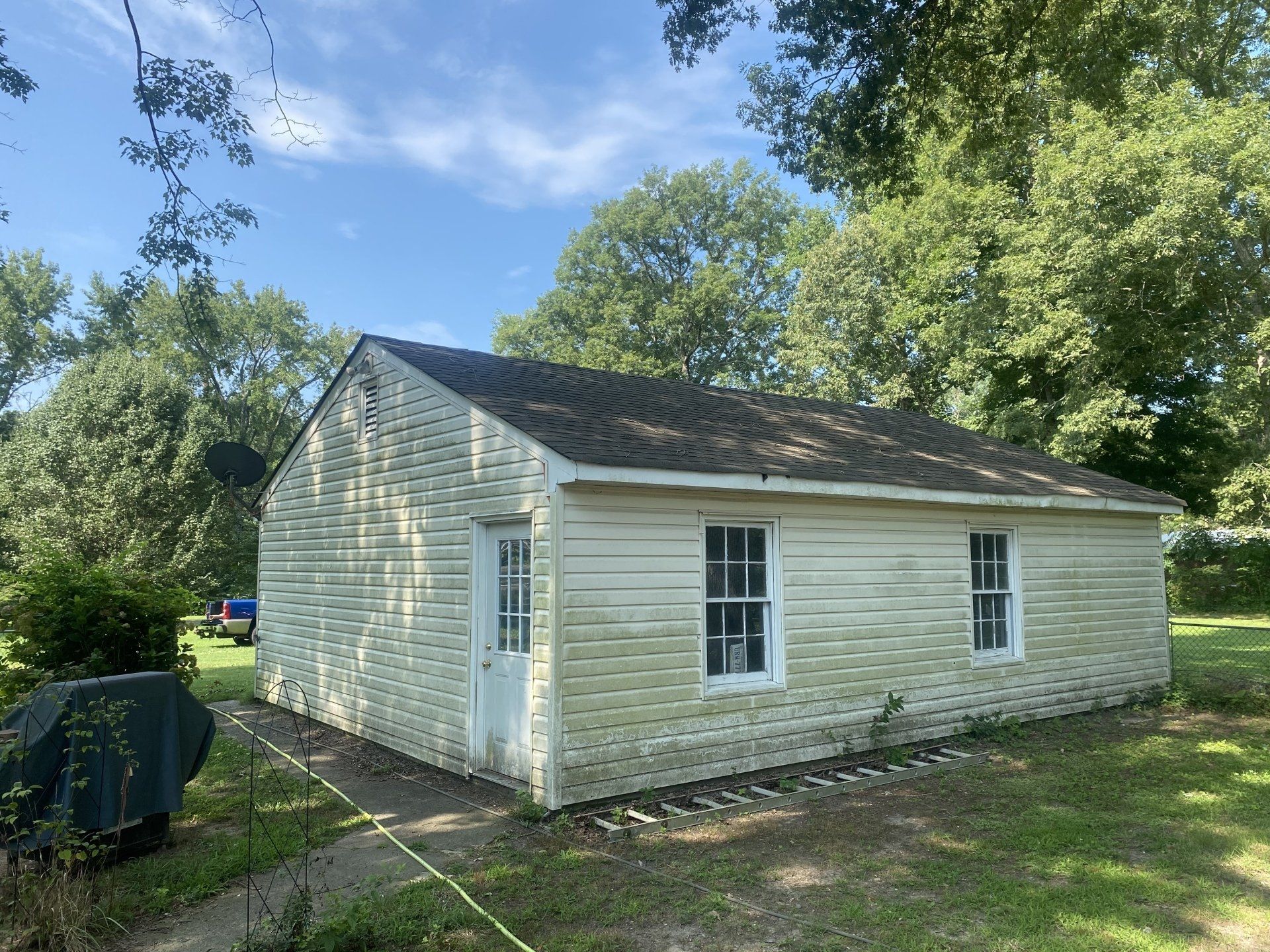The Dangers of Ignoring Rust: How Rust Can Affect the Integrity of Your Home in Richmond, VA
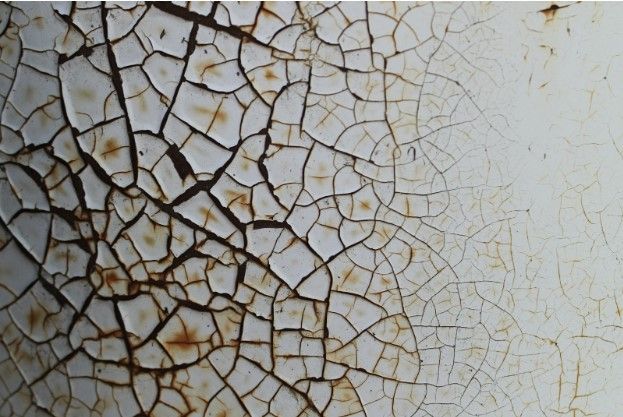
Rust is often seen as a cosmetic issue, but ignoring it can lead to severe structural problems that threaten the integrity of your home in Richmond, VA. This corrosion can weaken metal components and make them prone to failure, leading to costly repairs and potential safety hazards.
In this article, we'll delve into the dangers of ignoring rust, including how it can affect the stability of your home and put you and your family at risk. Understanding the impact of rust and taking the necessary steps to address it can help protect your home and ensure its longevity.
The Surprising Threat Hidden in Your Home
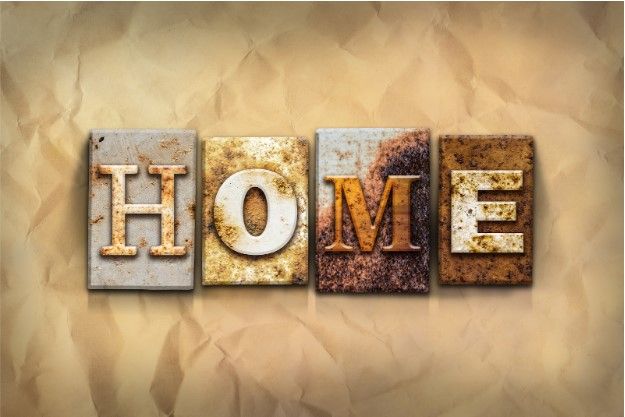
Rust frequently occurs when iron and steel are exposed to water or the environment, corrode, and ultimately decompose. Rust can be found within your home in various locations, including pipes, appliances, and even metal furniture. However, it is typically linked with exterior metal buildings.
The presence of moisture and other environmental elements can harm the home's structure and promote mold growth, although rust does not threaten people's health. However, this might be a symptom. In some circumstances, rust can reduce the stability of metal objects and raise their failure risk.
Regular inspection and maintenance of metal objects, as well as addressing any sources of moisture or humidity that can encourage rust formation, are crucial to reducing the dangers of rust in the house. When rust has significantly damaged something, it could be required to replace the affected item or make repairs to stop further deterioration.
The Dangers of Ignoring Rust – Structural Damage & Safety Hazards
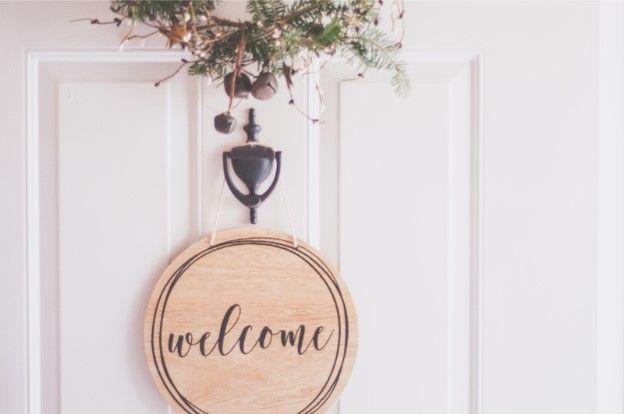
Structural damage: Rust can weaken metal structures over time, causing them to become brittle and prone to failure. This can result in structural damage, such as holes, cracks, and collapses, which can pose a significant safety risk to people and property.
Component failure: Rust can also compromise the stability of metal components, such as beams, columns, and support structures. If these components fail, they can collapse entire buildings or bridges, putting lives at risk.
Fire hazards: In some cases, rust can create fire hazards, mainly if it affects electrical components. Rust can cause metal parts to become electrically conductive, increasing the risk of electrical fires.
Safety risks: Ignoring rust can pose a safety risk to the general public and property. Structures affected by rust are more prone to collapse and failure, putting the lives of those nearby at risk.
Increased maintenance costs: Neglecting rust can lead to increased maintenance costs in the long run. The longer rust is allowed to spread, the more difficult and expensive it becomes to repair.
Deterioration of the aesthetic appearance: Rust can also impact the visual appeal of metal structures, detracting from their appearance and reducing their value.
Reduced lifespan of the structure: If rust is not addressed, it can reduce the lifespan of metal structures, requiring them to be replaced sooner than necessary.
Ignoring rust can have significant consequences and should be taken seriously to ensure the safety and longevity of metal structures. Therefore, regular inspection and maintenance are essential to prevent the dangers of rust and maintain the integrity of metal structures.
Signs of Rust You Should Look Out For
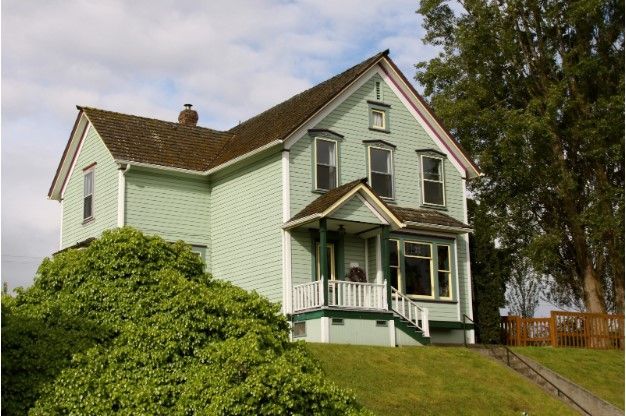
If you're concerned about rust affecting your home, there are a few signs to look out for:
Discoloration: Rust typically appears as orange or brown spots on metal surfaces. This discoloration is usually accompanied by flaking or powdery residue.
Pitting and corrosion: Pitting is when the surface of the metal is pitted and corroded, creating a rough texture.
Leaking:
Rust can cause metal pipes, fittings, and other components to develop leaks as it weakens the connections between them.
Unusual odors: Rust may also produce a unique, unmistakably distinctive smell.
Prevention Tips to Help Protect Your Home From Corrosion and Rust
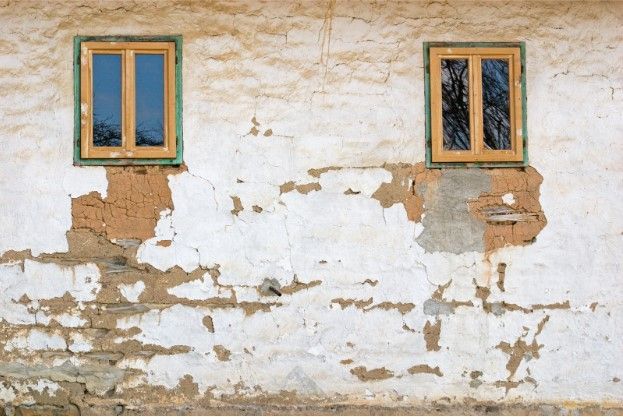
To help protect your home and possessions from corrosion and rust, follow these prevention tips:
Inspect your home regularly:
Look for signs of rust and corrosion on metal parts, such as pipes, doors, windows, and support beams.
Keep things dry: Moisture encourages the formation of rust, so make sure to keep areas like basements and attics well-ventilated and dry.
Avoid chemical contact: Certain chemicals, such as chlorine bleach, can accelerate rust formation. Avoid contact with these substances when possible.
Use protective coatings:
Protective coatings like paint and wax can help shield metal objects from moisture and humidity.
Regularly clean metal surfaces: Regularly clean metal surfaces to remove dirt, dust, and other debris that can trap moisture and cause rust.
Repair any damage: If you notice signs of rust, repair the damage immediately to prevent further corrosion and structural damage.
These preventive measures can help keep your home safe from corrosion and rust. In addition, these simple steps can save you time, money, and hassle down the line.
Professional Solutions for Treating and Preventing Rust Damage in Richmond, VA
Central Virginia Power Washing is the leading provider of rust removal services in Richmond, VA. Specializing in deep cleaning and restoring metal surfaces to their original condition, Central Virginia Power Washing can help protect your home from the dangers of corrosion and rust. Our expert technicians use state-of-the-art equipment to remove rust from metal surfaces and provide protective sealants and coatings to prevent further damage.
If you're concerned about rust affecting your home, take preventive measures before it's too late. Contact Central Virginia Power Washing today for professional rust removal and prevention services. Our experienced technicians use state-of-the-art equipment to remove rust from metal surfaces and provide protective sealants and coatings to prevent further damage. With our help, you can rest assured that your home will be safe from the dangers of corrosion and rust for years to come!
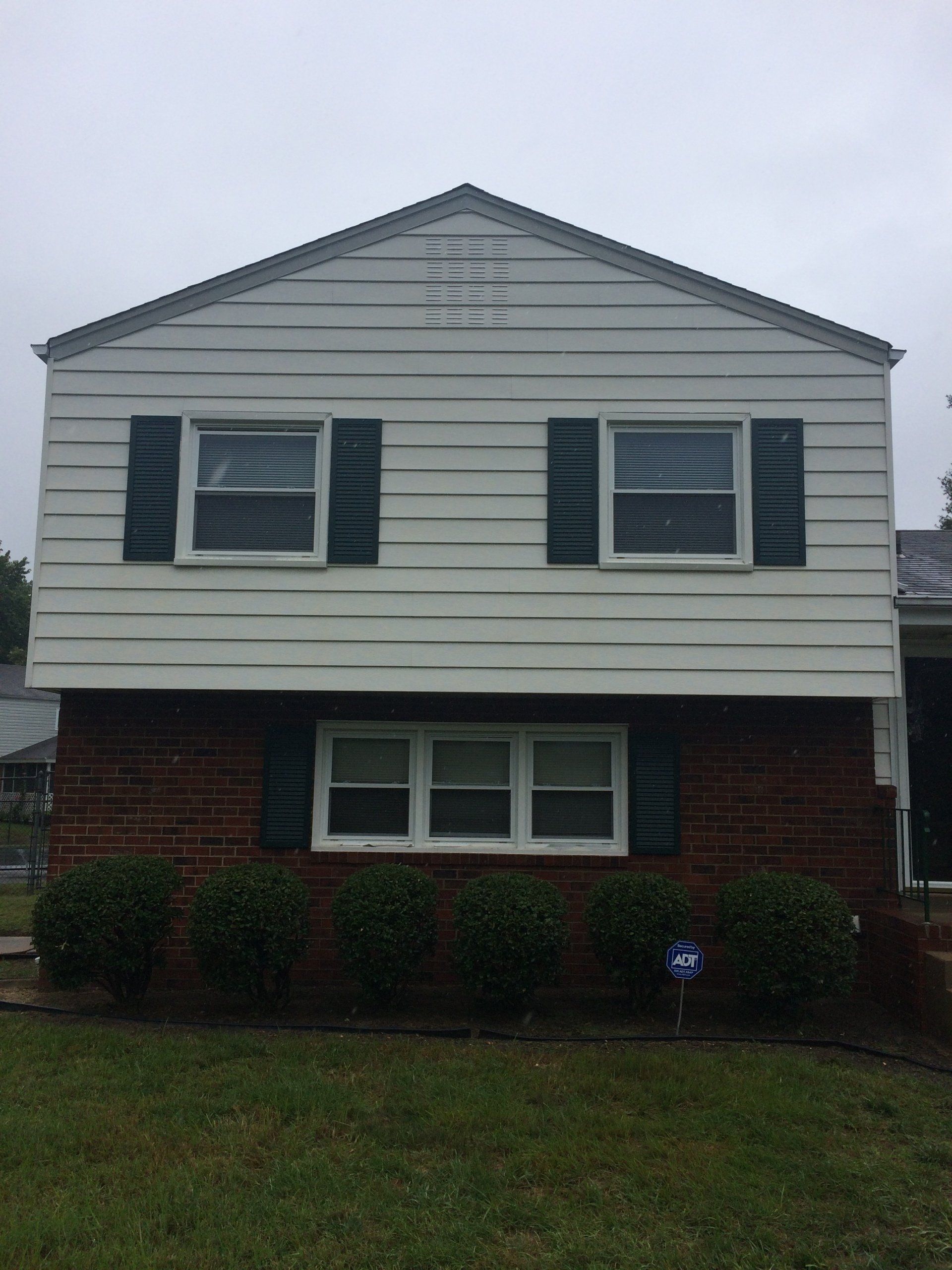
CONTACT INFORMATION
PHONE: (804) 397-6195 (Call/Text)
Mon - Fri 9:00 AM - 5:00 PM
Sat 9:00 AM - 2:00 PM
Sun CLOSED






